-
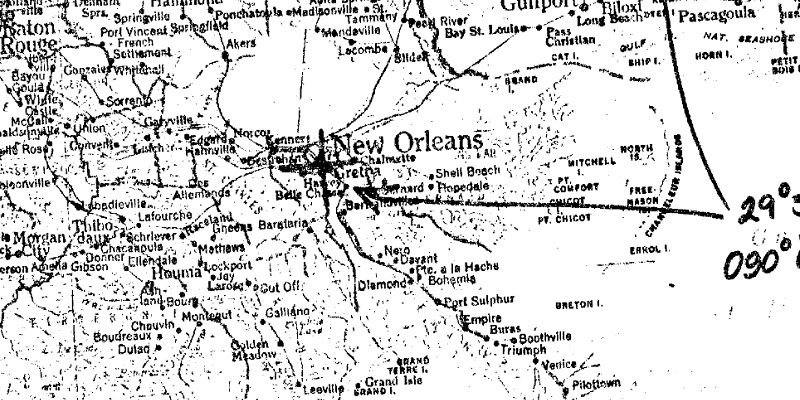
The CIA’s psychics confused the New Orleans Delta with the Amazon
In October of 1982, the CIA’s crack team of psychics set their second sights on New Orleans, to catch the city in the height of bacchanalian revelry. What they got were squiggles. A lot of squiggles.
-
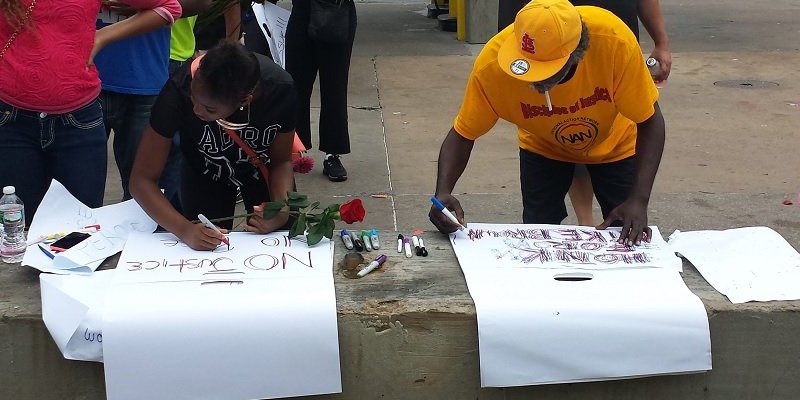
MuckRock’s guide to protests and FOIA: The day before
In a democracy, the power of the people comes from the ability to hold their government accountable. We’re launching a project to provide a comprehensive list of FOIA resources that will help you to prepare, participate, and investigate protests. Today, we’ll be looking at what to know before the protest starts.
-
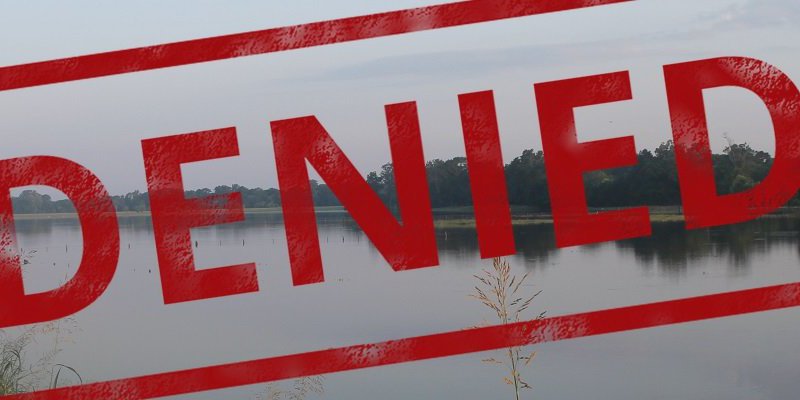
Louisiana, how shall you reject us? Let us count the ways
A public records request in Louisiana can lead to a laundry list of reasons why it won’t be fulfilled.
-

A look through CIA’s declassified Bilderberg files
The annual Bilderberg Conference is shrouded in nearly as much mystery as CIA itself, with a number of conspiracy theories that seeing these meetings of the elite as where the strings of the world are pulled. Emma Best reviewed references to Bilderberg in the CREST archive, and while there weren’t many, they were enlightening.
-

How the FBI thwarted a non-existent plot to assassinate Margaret Thatcher
February, 1981. In a smoky bar in Alexandria, Virginia, an FBI informant just happens to overhear a conversation that could change the course of the free world: a plot to assassinate Prime Minister Margaret Thatcher. If that sounds a bit too contrived to be true, well, that might explain why the Bureau couldn’t find any evidence that it was.
-
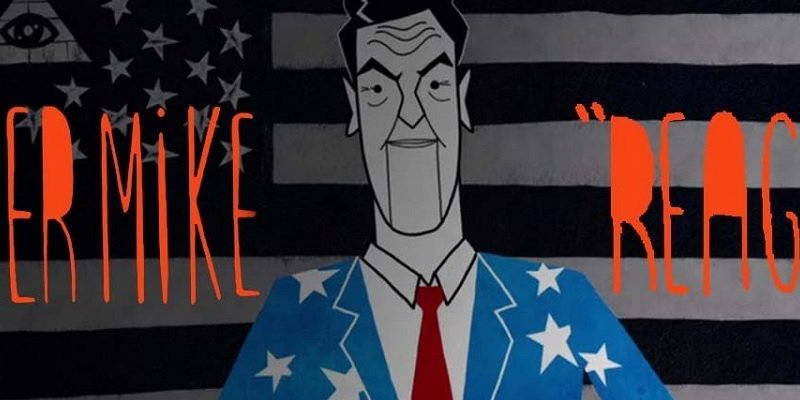
FOIA Genius: A public records breakdown of Killer Mike’s “Reagan”
Using the annotation tool provided by the folks at Genius, MuckRock’s added a few of our own notes to Killer Mike’s 2012 lyrical takedown of the prison-industrial complex, “Reagan.”
-

Keep ’em filing: MuckRock looking for more volunteer in-state proxies
To keep filing in Alabama, Arkansas, Delaware and New Hampshire, MuckRock needs your help. In return, you’ll get a free Pro account and the knowledge that you’re helping muckrakers across the country keep government accountable.
-
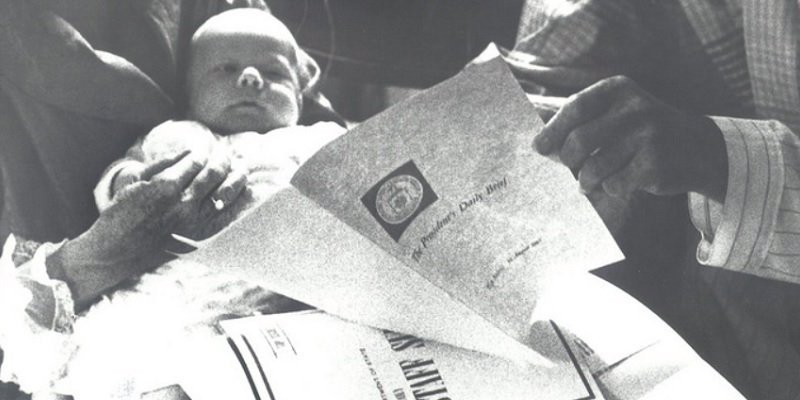
Stories FOIA told this week dies in darkness
Listen up big boys and girls, it’s our weekly series looking at the stories public records made possible.
-

While hunting Soviet spy, FBI feared angering Scientologists
A Priority Teletype from the FBI’s Legat in London to the Director outlined an interesting opportunity - the Bureau had been asked to help with a case involving Stig Bergling, a Swede who had apparently been spying for the Soviets, and a woman in the Tampa area might have information as to his whereabouts. There was just one snag - they were afraid it might lead to a confrontation with the Church of Scientology.
-

Did the media misrepresent the size of the crowd at Donald Trump’s Inauguration? Watch the footage and decide for yourself
Amid the controversy over White House claims that the media had misrepresented the size of crowds at Donald Trump’s Inauguration, Nathan Lawrence filed a FOIA for surveillance footage from the nearby Smithsonian Institute. That footage arrived this week, and we’ll let you be the judge.
-
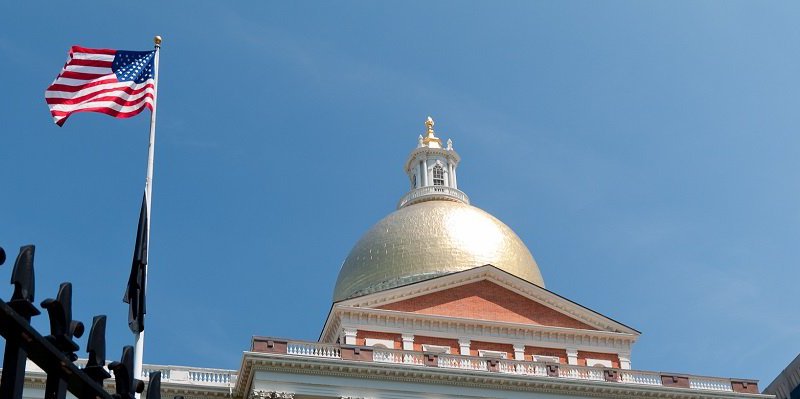
Massachusetts municipalities still getting the hang of new public records law
In Massachusetts, if you’re unhappy with a response to a public records request, you can appeal it by submitting a petition to the supervisor of public records. And now, under the new public records law that took effect January 1st, municipalities and state agencies can also petition the supervisor for several reasons.
-
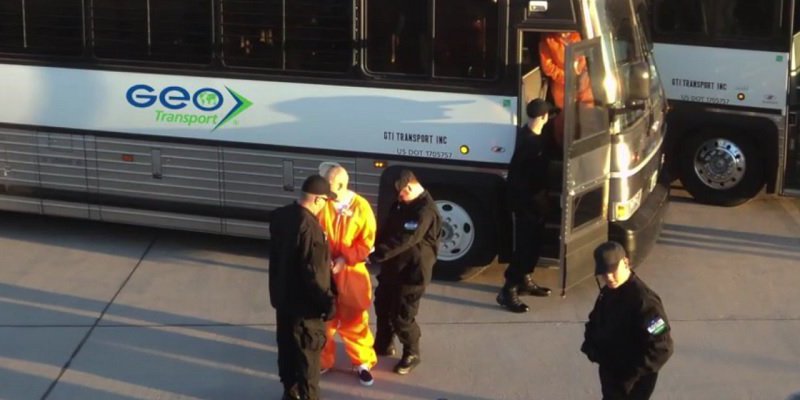
Your state doesn’t need to have a private prison to use one
Vermont’s supply of a few hundred prisoners is set to close a Michigan prison this summer. If all of them go home, just Hawaii and California will remain as states that outsource their inmates to out-of-state for-profit prisons.
-

The Centers for Disease Control’s missing biolabs
When Bradley Campbell asked the Centers for Disease Control (CDC) for a list of all their labs operating at the highest biosafety level - and therefore dealing with the deadliest pathogens - the CDC rejected the request on national security grounds, claiming thy could “neither confirm nor deny” that information. When Campbell pushed back, their response was somewhat troubling: they didn’t have the list.
-
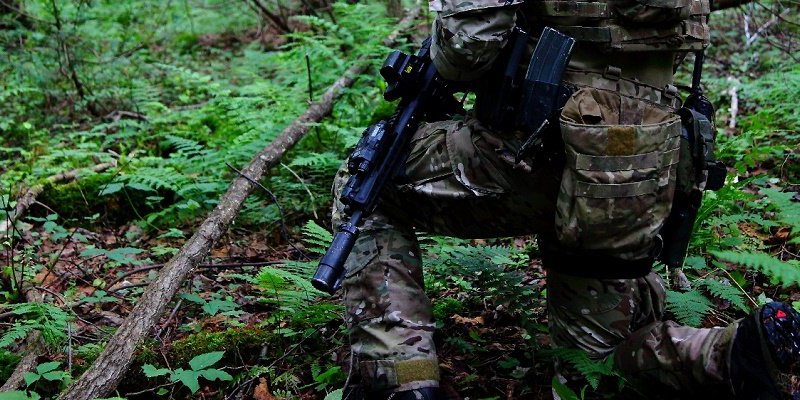
Homeland Security downplays threat of domestic terrorism
Despite the larger number of terror attacks committed by right-wing groups than Islamist extremists, the former are identified as a “persistent but largely limited threat” in a 2015 presentation by Homeland Security.
-
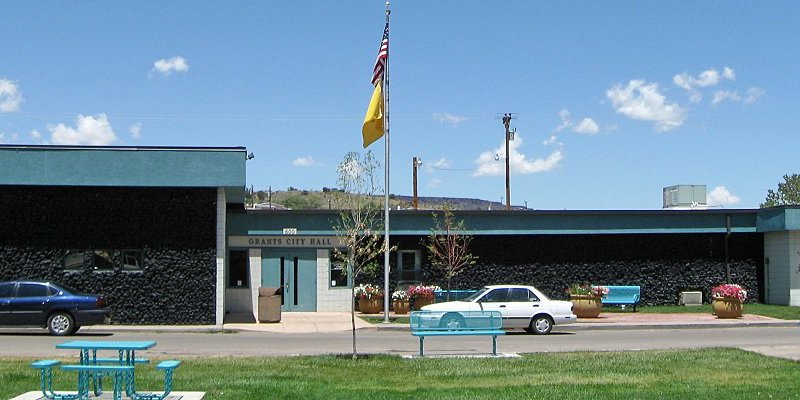
New Mexico town nixes plan to consolidate sex offenders in a nearby private prison
A year ago, the New Mexico Department of Corrections tried to change private operators for its sex offender population. Soon after, citizens stepped up to say no.
-

Oakland Police and Alameda County District Attorney enter into five year cell site simulator sharing agreement
A recently released Memorandum of Understanding from December shows that Oakland Police have entered into a five year no-cost contract for utilization access of the Alameda County District Attorney’s cell site simulator surveillance equipment.
-

Even mandatory retirement couldn’t stop spymaster James Angleton’s influence
CIA memos shows that nearly a decade after scandal forced the Counterintelligence Chief into early retirement, the Agency and the President’s advisors were still seeking the counsel of the legendary James Angleton.
-

Life imitates Akira: the NSA’s fear of psychic nukes
A classified government document warns of the possibility of psychics nuking cities so that they became lost in time and space. If this sounds like a plot out of science fiction, it is - but it’s also an NSA memo from 1977.
-

Requester’s Voice: Chris McDaniel of BuzzFeed News
Chris McDaniel is currently a reporter for BuzzFeed News covering execution drugs. This week, Chris lets us in on some helpful FOIA tricks, tells us how the Missouri DOC paid executioners in cash, and talks about battling increasing secrecy in the death penalty world.
-
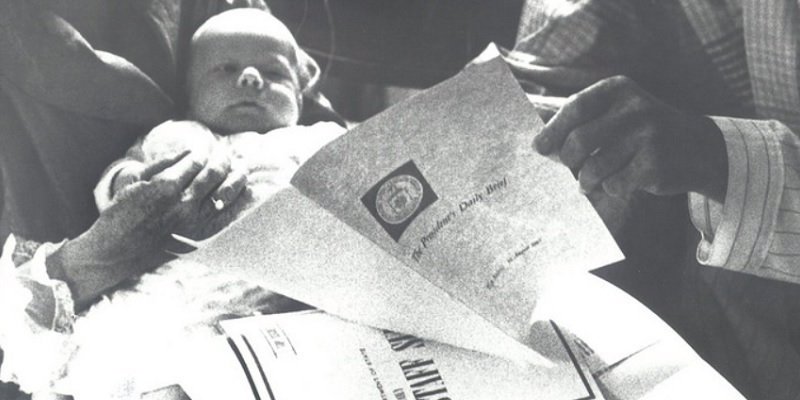
No low-life leakers allowed in stories FOIA told this week
Our weekly series looking at the stories public records made possible, now 100% FAKE NEWS free.
-
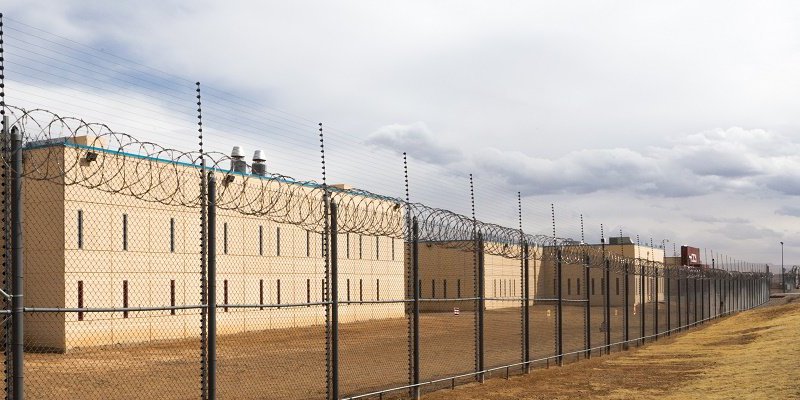
This is why private prisons shouldn’t control access to their records
After two years and charging a rate of dollar a page, private prison giant CCA responds to request for grievance logs from a New Mexico private prison with 78 pages of big black boxes.
-

FBI can’t find its files on the investigation into Reagan’s “Debategate”
By its own admission, the FBI spent over 700 man-hours investigating the allegation that during the 1980 Presidential Election, the Reagan campaign received a copy of at least one debate briefing book used by the Carter campaign, giving the Reagan camp a clear advantage. But when asked for those investigatory files, the Bureau only produced a two-page memo ordering the case closed.
-
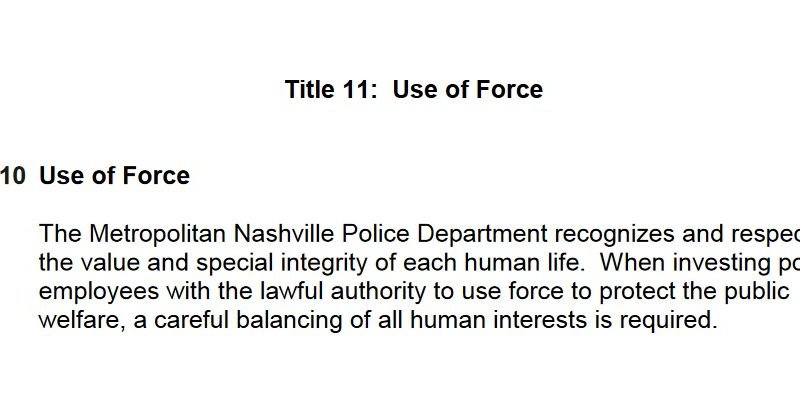
Read Nashville Police Department’s Use of Force Policy
As part of our collaboration with Campaign Zero, MuckRock requested use of force policies from the 100 largest police departments in the country, including Tulsa PD. In the wake of the recent release of the video of the shooting of Terence Crutcher, we wanted to give you a chance to read the policy yourself.
-

System of self-reporting makes it impossible to assess medication errors in group homes
Group homes serving developmentally disabled adults in Massachusetts depend on low paid employees reporting themselves for making medication administration errors, rather than employing more qualified medical professionals - casting the low number of recorded errors in a suspicious light.
-

50 state census shows huge gaps in gun data
Eight months ago, MuckRock launched a new project to examine nationwide gun policies. It was a simple premise: file the same FOIA request with all 50 Attorney General offices and state police departments, and see what standards we can draw. What we got, however, illustrates just how little consistency in the data there is - and how difficult tackling this problem can be.